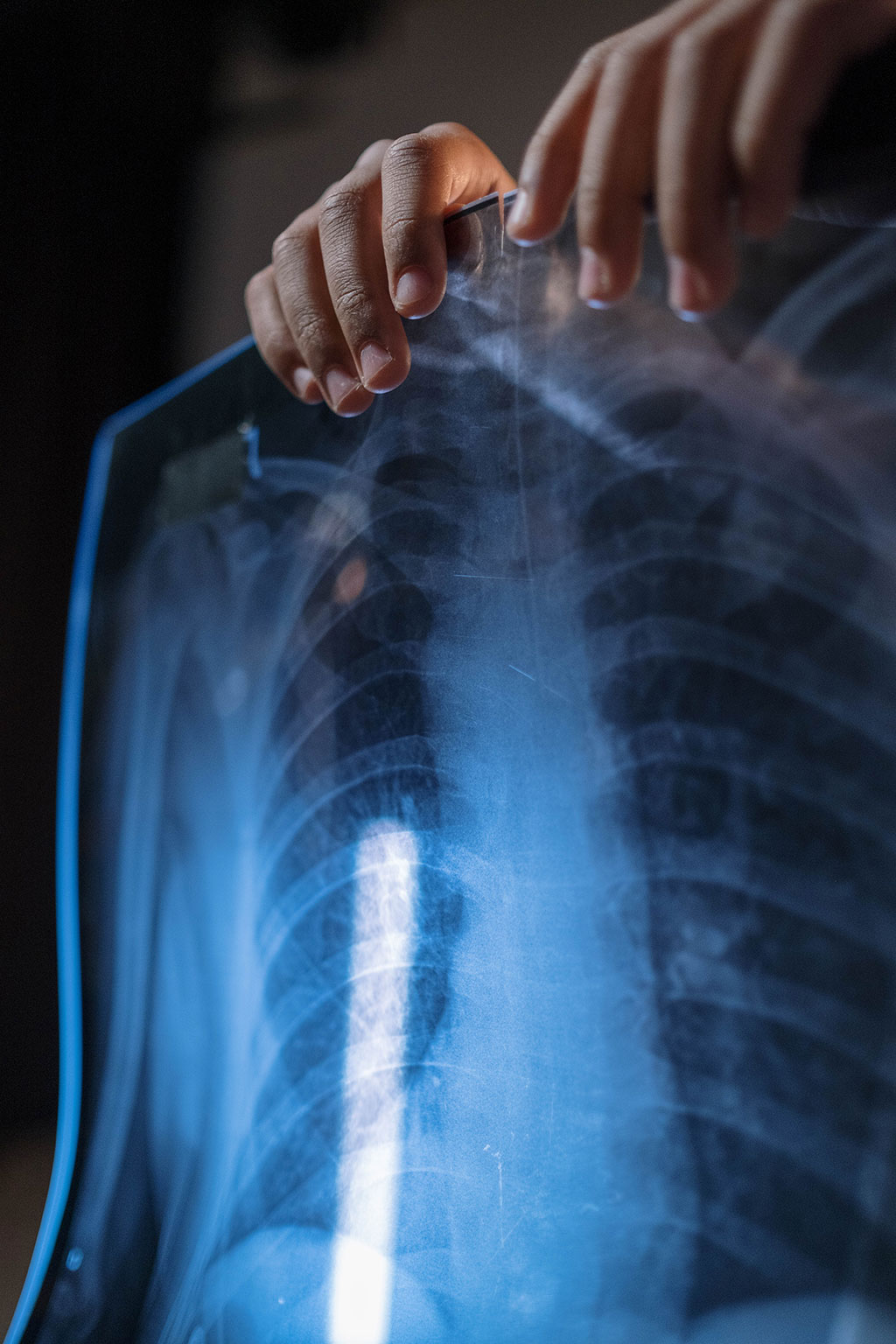AI Tool Accurately Detects Normal and Abnormal Chest X-Rays
Posted on 09 Mar 2023
Chest X-rays are an essential diagnostic tool for identifying various conditions related to the heart and lungs, including cancer and chronic lung diseases. However, the interpretation of chest X-rays is a time-consuming and burdensome task for radiologists worldwide. Now, a new study has found that an artificial intelligence (AI) tool can accurately identify normal and abnormal chest X-rays in a clinical setting. The AI tool could greatly reduce the workload of radiologists and improve the efficiency of diagnosing and treating patients.
In the retrospective, multi-center study, researchers at Herlev and Gentofte Hospital (Copenhagen, Denmark) assessed the reliability of using an AI tool that was capable of identifying normal and abnormal chest X-rays. Using a commercially available AI tool, the researchers analyzed the chest X-rays of 1,529 patients from four hospitals in Denmark. The study included chest X-rays from emergency department patients, in-hospital patients and outpatients. The AI tool classified the X-rays as either “high-confidence normal” or “not high-confidence normal” as in normal and abnormal, respectively. The study employed two board-certified thoracic (chest) radiologists as the reference standard, and used a third radiologist in cases of disagreements, with all the three physicians remaining blinded to the AI results.

Out of the 429 chest X-rays classified as normal, the AI tool also classified 120, or 28%, as normal. This suggests that the AI tool could potentially safely automate these X-rays, or 7.8 % of all the X-rays. The AI tool also identified abnormal chest X-rays with 99.1% sensitivity. The researchers expect to conduct further studies toward a larger prospective implementation of the AI tool where the autonomously reported chest X-rays are still reviewed by radiologists. The AI tool did particularly well in identifying normal X-rays of the outpatient group at a rate of 11.6%, indicating that it can perform especially well in outpatient settings with a high prevalence of normal chest X-rays.
“The most surprising finding was just how sensitive this AI tool was for all kinds of chest disease,” said study co-author Louis Lind Plesner, M.D., from the Department of Radiology at the Herlev and Gentofte Hospital. “In fact, we could not find a single chest X-ray in our database where the algorithm made a major mistake. Furthermore, the AI tool had a sensitivity overall better than the clinical board-certified radiologists.”
Related Links:
Herlev and Gentofte Hospital













